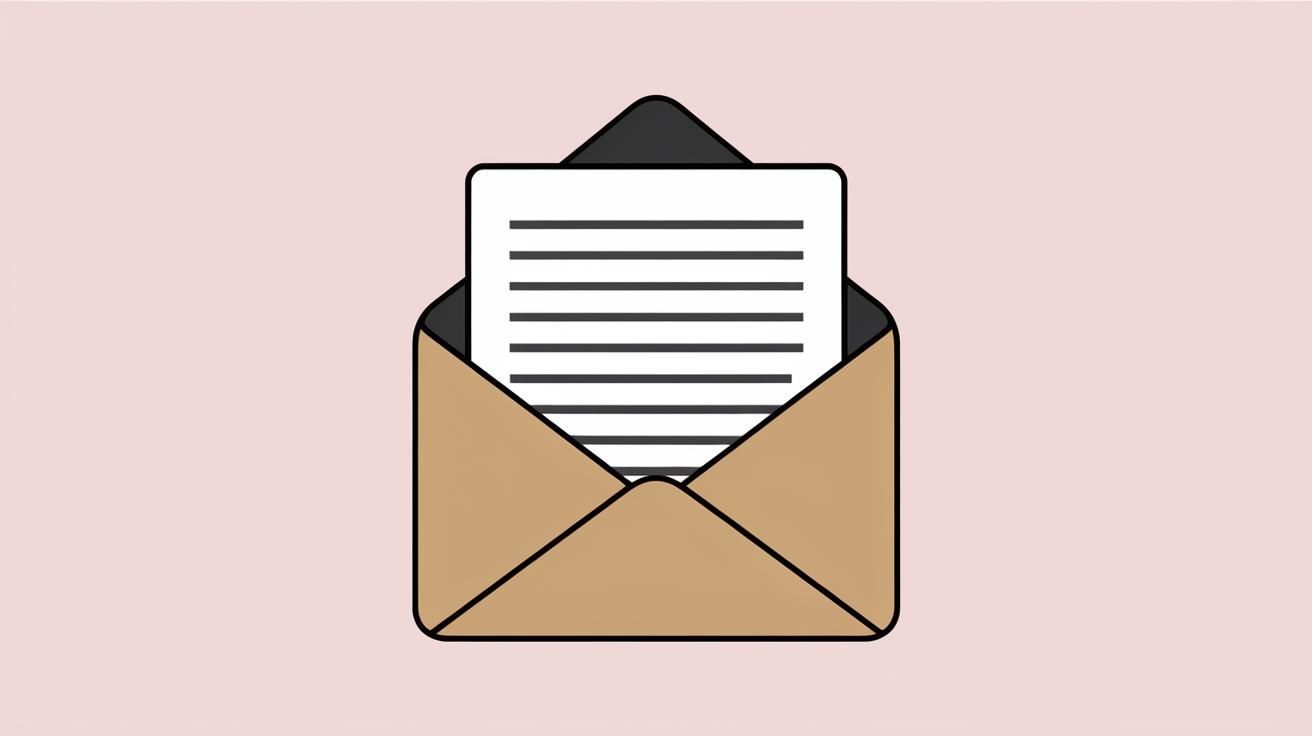Mastering the “Tell Me About Yourself” Question
In job interviews, one of the most common yet challenging questions is, “Tell me about yourself.” This question serves as a first impression, offering candidates a platform to introduce themselves succinctly and effectively. This blog post aims to unravel the intricacies of this ubiquitous interview prompt, providing a comprehensive guide on how to construct a compelling answer. From understanding why interviewers pose this question to exploring various ways to respond, each section equips you with practical insights and sample answers tailored to different scenarios. By the end, you’ll be well-prepared to command this question with confidence and poise, showcasing your unique qualifications and suitability for the role.
Why interviewers ask this question
Interviewers utilize the “Tell me about yourself” question as a conversation starter. It allows them to gauge a candidate’s self-awareness, communication skills, and ability to present oneself concisely. This open-ended question is often used to break the ice and set the tone for the interview, giving both parties a foundational understanding of each other.
Furthermore, it facilitates understanding of a candidate’s professional journey, personal interests, and motivations. Interviewers can assess the relevancy of a candidate’s experiences to the job at hand, aligning their responses with the company’s culture and values. Whether intentional or not, the way a candidate answers this question can reveal much about their preparedness and thoughtfulness.
Common variations of “Tell me about yourself”
This question, though straightforward, can be rephrased in numerous ways. Variations such as “Walk me through your resume,” “Can you summarize your background for me?” or “What should I know about you?” serve the same purpose. These alternatives, while different in wording, demand a similar approach in terms of structure and delivery.
Recognizing these variations allows candidates to prepare diligently, ensuring their answers remain relevant no matter how the question is framed. By anticipating these nuances, you can adapt smoothly without losing focus, maintaining a confident and professional demeanor throughout the interview.
How to answer “Tell me about yourself”
1. Tailor your answer for the role and company
Your response should reflect a keen understanding of the job requirements and company culture. Highlight experiences and skills that align directly with what the employer seeks. By doing so, you demonstrate that you’ve done your homework and understand how you fit into their organization.
2. Know your audience (aka the interviewer)
Understanding your interviewer can tailor your response to resonate with them personally. Research their role within the company to gauge what they might value in a candidate. This insight can inform which aspects of your background or skills you emphasize during your introduction.
3. Keep it professional
While it might be tempting to delve into personal anecdotes, it’s essential to keep your response focused on professional highlights. Balance personal insights that showcase character or motivation with job-related achievements that speak to your competencies.
4. Speak with passion
Exhibit enthusiasm for the role and your field. Passion can be contagious, showcasing you as a candidate who is not just competent but genuinely invested in the position and industry, which can be particularly attractive to prospective employers.
5. Don’t ramble
Keep your response clear and concise. Aim for a two-minute answer that neatly encapsulates your career trajectory, skills, and aspirations. Practice beforehand to ensure that every word reinforces your qualifications.
6. Practice, but don’t memorize
Rehearse your answer to gain confidence, but avoid rote memorization. Your response should sound natural and not mechanical, allowing for flexibility in responding to real-time cues from your interviewers.
7. Keep it positive
Maintain an upbeat tone, focusing on positive experiences and lessons learned, even when describing challenges, to assure employers of your resilient and proactive approach to work.
“Tell me about yourself” sample answers
Example answer #1: For someone looking for a similar role at a new company
“With over five years of experience in digital marketing, I have honed skills in content creation and strategic marketing initiatives. Recently, I spearheaded a campaign that increased engagement by 30%. I am now eager to bring my expertise to a company focused on innovation and growth like yours.”
Example answer #2: For someone transitioning from an agency to an in-house role
“After years of thriving in fast-paced agency environments where I managed multiple client campaigns, I am keen to apply my talents in-house, where I can contribute to sustained, cohesive marketing strategies. I am drawn to your company due to its commitment to creative storytelling and long-term vision.”
Example answer #3: For someone pivoting into a similar role in a new industry
“Throughout my career in sales, I have cultivated strong client relationships while consistently meeting targets. Although my experience is primarily in technology, I am excited to transition my skills to the healthcare industry, where I believe my proactive approach can enhance patient-focused services.”
Example answer #4: For a recent graduate
“Graduating with a degree in environmental science, I completed internships that provided practical experience in sustainable project management. I am enthusiastic about leveraging my education and hands-on experience in a dynamic role at your firm, renowned for its dedication to innovative solutions.”
Example answer #5: For a career changer
“After a rewarding career in teaching, where I honed skills in communication and leadership, I am transitioning into corporate training. I am eager to apply my expertise in developing learning programs that enhance employee engagement and productivity within your dynamic team.”
Key takeaways
What to include
Your answer should include highlights from your professional life, your most relevant skills, and the value you intend to bring to the company. It’s essential to convey enthusiasm for the role and how your experiences have prepared you for the challenges it presents.
A simple formula
An effective answer typically follows the past-present-future formula. Start with your past experience and achievements, segue into your current role and abilities, and conclude with your aspirations and what you aim to contribute to the prospective employer.
More common interview questions you should be ready to answer
Beyond “Tell me about yourself,” prepare for questions designed to dig deeper into your motivations and qualifications, such as “What are your strengths and weaknesses?” or “Where do you see yourself in five years?” Each question is an opportunity to demonstrate your fit for the role.
Being ready for these questions showcases your preparation and adaptability, reinforcing the positive first impression set by your initial response.
More advice to help you prep for your interview
Researching the company, practicing with mock interviews, and reflecting on your experiences will bolster your confidence. Consider speaking with current or former employees for insights, and always prepare questions to ask your interviewer, demonstrating your proactive and engaged mindset.
By investing time in thoughtful preparation, you ensure that you represent yourself authentically and effectively, increasing your chances of interview success.
Summary of main points
| Section | Main Points |
|---|---|
| Why interviewers ask this question | Gauges self-awareness, communication, and alignment with role. |
| Common variations | Appears in different forms but requires similar response strategies. |
| How to answer | Tailor to the role, be concise, practice natural delivery. |
| Sample answers | Provides models based on career scenarios. |
| Key takeaways | Utilize past-present-future formula, remain positive. |
| More interview questions | Prepare for common queries to showcase qualifications. |
| More interview prep advice | Research, practice, and prepare insightful questions. |


